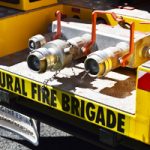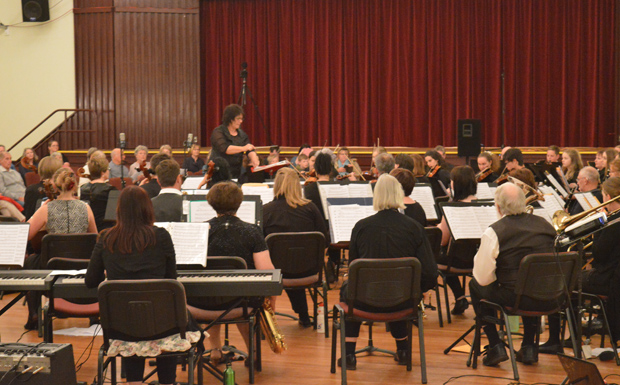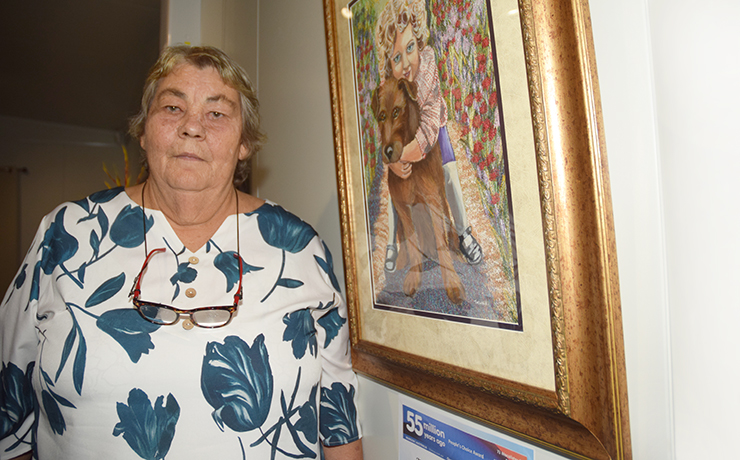
The State Government is catering for a surge in interest in recreational fossicking by making fossicking licences available online and by opening up two new State forests to fossicking.
Mines Minister Andrew Cripps and National Parks Minister Steve Dickson made the announcement today while fossicking for “thunder eggs” at Tamborine Mountain’s Thunderbird Park.
“The Department of Natural Resources and Mines has worked hard to simplify licensing for fossickers searching for alluvial gold, gems and ornamental stones,” Mr Cripps said.
“From today, Queenslanders can simply enter their details online in a few minutes to complete their application and they will be emailed their fossicking licence.
“Until now, fossickers had to submit a paper form to authorised licensing agents or district offices of the Department of Natural Resources and Mines.
“My department has issued more than 8000 recreational fossicking licences since January 1, 2012, compared with 5108 during 2011 and 3194 during 2006.”
Mr Cripps said there were various types of fossicking licences available to suit everyone’s needs.
“Licences can be issued for a one, six, or 12-month period, with fees ranging from $7.05 to $44.75 for an individual, or $10.10 to $59.60 for a family,” he said.
Mr Dickson said fossickers would now be able to access land in the Durikai and Talgai State forests west of Warwick, taking Queensland’s designated fossicking areas to more than 20, including 12 in Queensland Parks and Wildlife Service-managed State forests and reserves.
“Queensland is a fossicker’s paradise, with its gold and diversity of gem deposits known worldwide,” Mr Dickson said.
“Fossickers can try their luck finding agate, garnet, opal, sapphire, thunder eggs, topaz and zircon, amongst others, at various locations throughout Queensland.
“Following a thorough assessment, we have released three fossicking areas on Durikai and one on Talgai comprising a combined area of almost 5500ha.”
Mr Dickson reminded Queenslanders that fossicking could only involve the use of hand tools such as picks, shovels, hammers, sieves, shakers or electronic detectors, with no machinery permitted..























